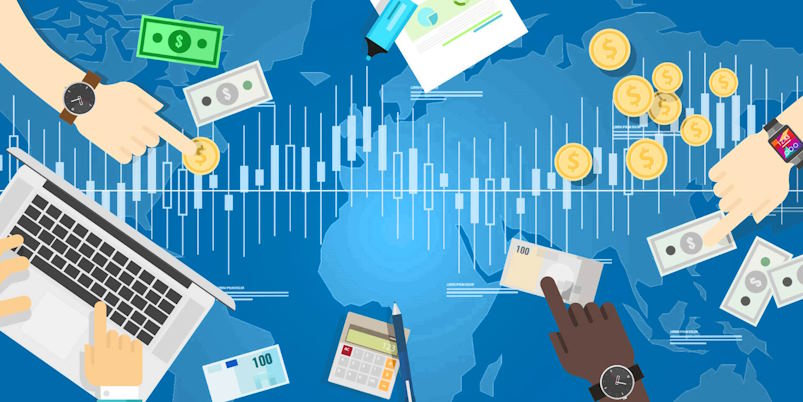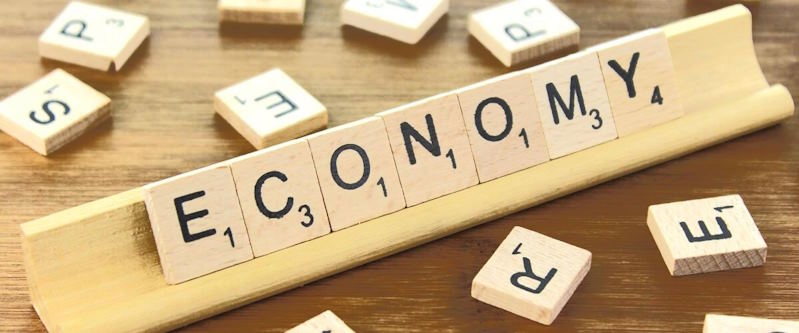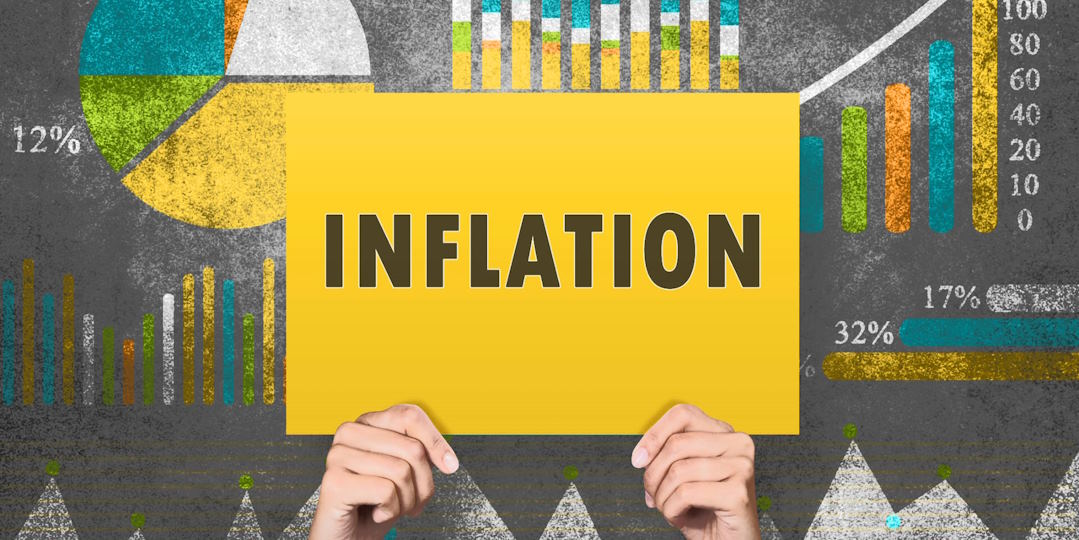Economics, often described as the study of how societies allocate scarce resources to satisfy unlimited wants, underpins countless aspects of our daily lives. From personal finance decisions to government policies, an understanding of basic economic principles is essential for navigating the complexities of the modern world.
What economic notions is it important to know and understand?
Supply and Demand
Supply refers to the quantity of goods or services producers are willing to sell at different prices in a given market. Demand represents the quantity of goods or services consumers are willing to purchase at various price levels. The interaction of supply and demand determines a market’s equilibrium price and quantity. Prices tend to decrease when supply or demand increases, and vice versa. Understanding supply and demand dynamics enables individuals to anticipate price changes and adjust their consumption and production decisions accordingly.
Opportunity Cost
Opportunity cost is the value of the next best alternative that must be foregone when deciding. It arises from the scarcity of resources and the necessity of making choices. For example, if you spend money on a vacation, the opportunity cost is the value of the other things you could have purchased, such as a new car or investments. Recognizing opportunity costs helps individuals evaluate trade-offs and make decisions that maximize their satisfaction or utility.

Inflation and Deflation
Inflation refers to the general increase in prices of goods and services over time, leading to a decrease in the purchasing power of money. In contrast, deflation is the opposite phenomenon, characterized by a decrease in the overall price level, often accompanied by a decline in economic activity. Understanding inflation and deflation enables individuals to plan for future expenses, adjust their saving and investment strategies, and assess the impact of monetary and fiscal policies on their financial well-being.
Monetary Policy
Monetary policy involves central bank decisions on interest rates, money supply, and credit conditions to achieve macroeconomic goals such as price stability, full employment, and sustainable economic growth. Central banks use various tools to implement monetary policy, including open market operations, discount rate adjustments, and reserve requirements. Understanding monetary policy helps individuals anticipate changes in interest rates, borrowing costs, and inflation expectations, enabling them to make informed financial decisions and manage risks effectively.







